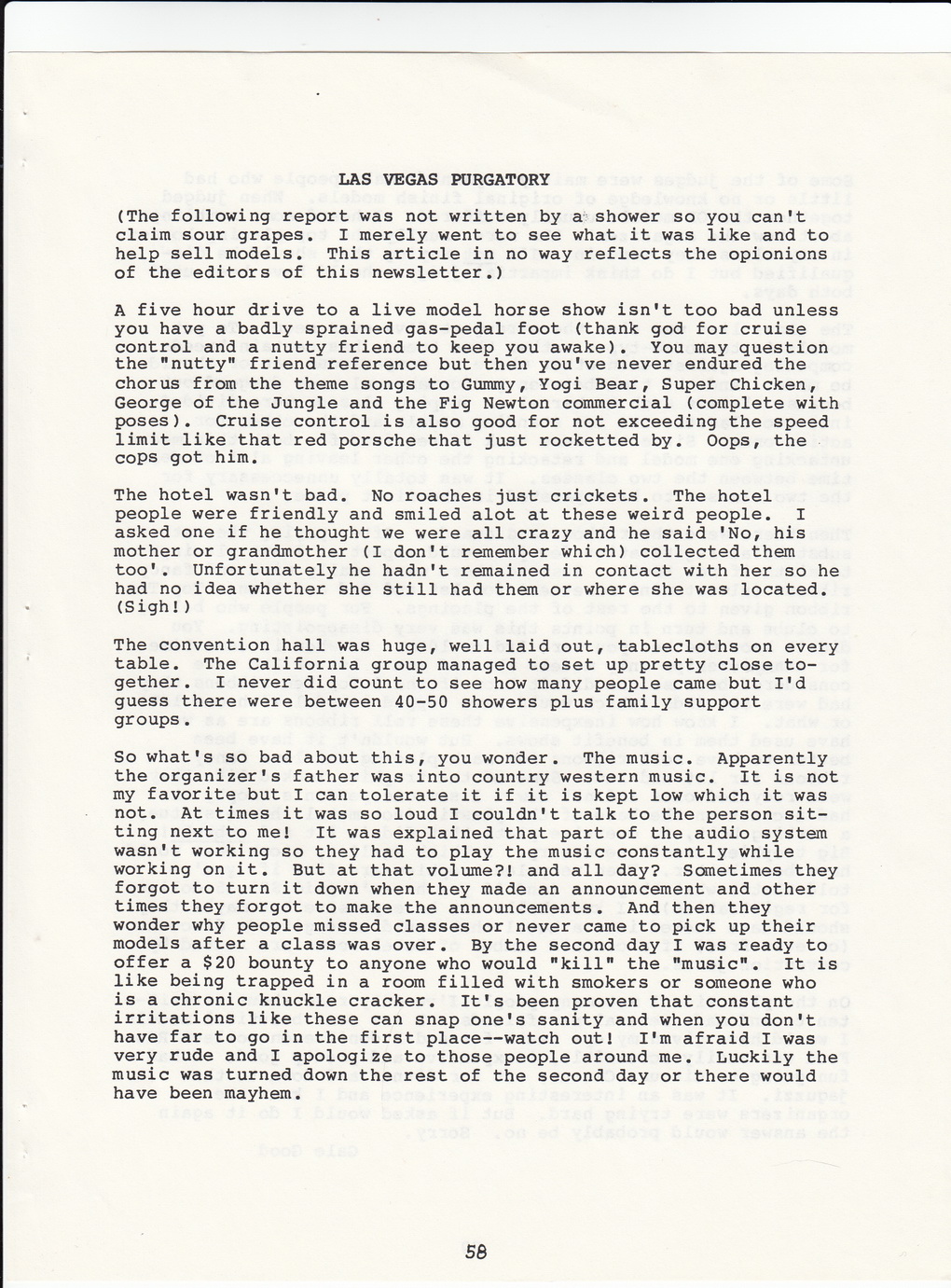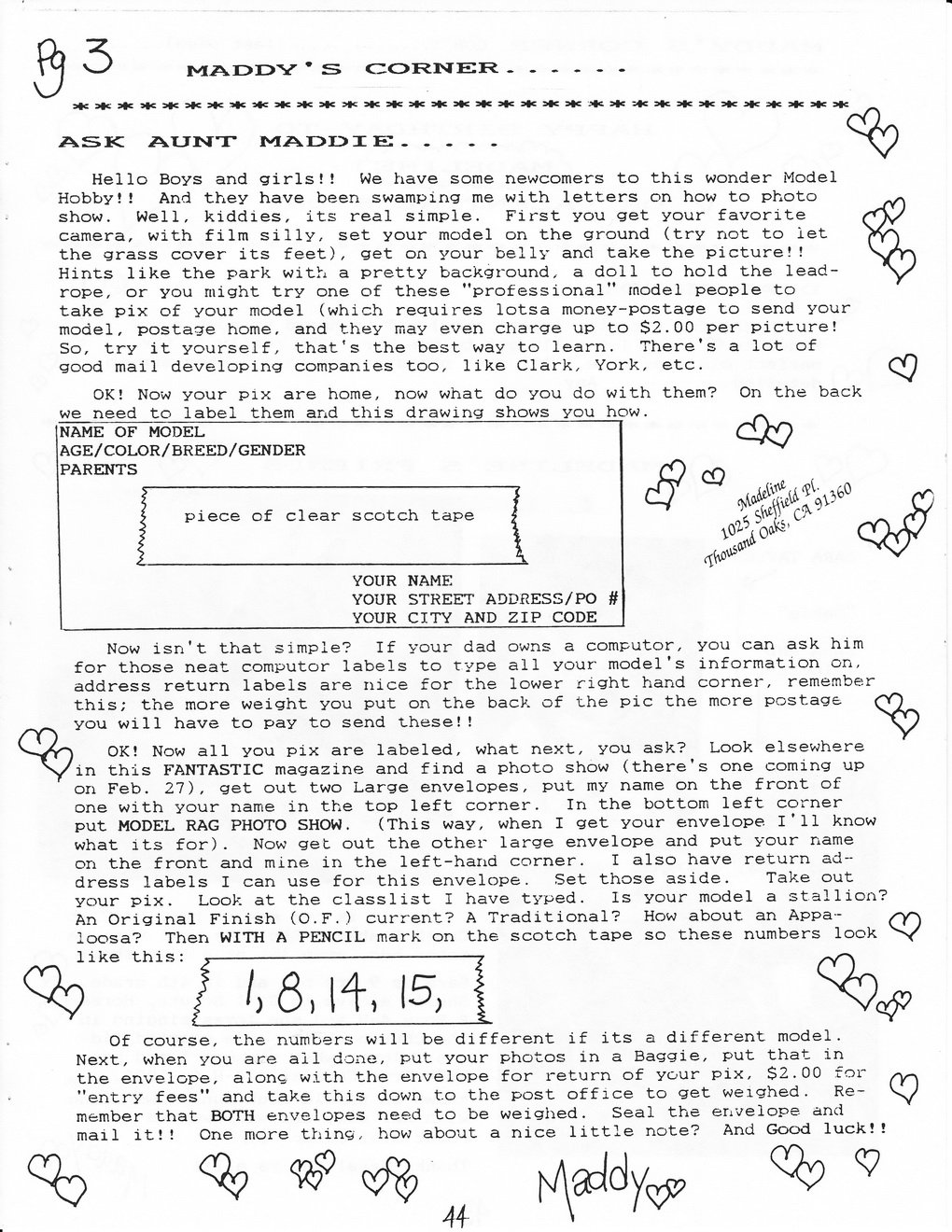

The traditional Romany life was in decline, and thanks to the chance discovery of The Diddakoi by Rumer Godden, I realized that that almost-lost world was rather harsher than I had thought. But I couldn’t help noticing that one was as likely to spot a wagon pulled up on the verge as to spy an otter in the stream or a red kite wheeling above the hedge. Back home, I daydreamed about buying a horse and solemnly set about acquiring curry combs and harnesses in preparation for my new career.

Most of all, I loved the footloose, fly-by-night pleasures of the gypsy life. I loved the jangling harnesses and the neat little bow-top with its folding beds. I loved Cinnamon, our plump and stoical horse. The best days of my childhood were spent in a borrowed horse-drawn wagon, ricocheting up and down the semi-sheer slopes of the Wicklow Mountains, reins firmly grasped in small hands. School, Mrs Cuthbert informs Kizzy, is non-negotiable, and so the stage is set for a formidable battle of wills.Īs a child, I always warmed to heroines who scowled, but K Every village in England used to sport its own Mrs Cuthbert, ‘busy doing good to people whether they likes it or not’ these days I imagine they are more commonly to be found drafting health and safety policies at governmental level. Out selling flowers, Kizzy inadvertently makes the acquaintance of Mrs Cuthbert. So far, Kizzy has escaped the indignities of school.īut such bucolic pleasures cannot last. To a child, the blissful implications could not be clearer. For the first seven years of her life, Kizzy has managed to evade the attention of the authorities. The story, as befits an audience of 9 and upwards (although it is, as Kingsley Amis observed, ‘the sort of book children had to fight for to get it from adults’), is simple and concerns the fortunes of Kizzy Lovell, a half-gypsy orphan living with her grandmother in a caravan on the outskirts of a Kentish village.



 0 kommentar(er)
0 kommentar(er)
